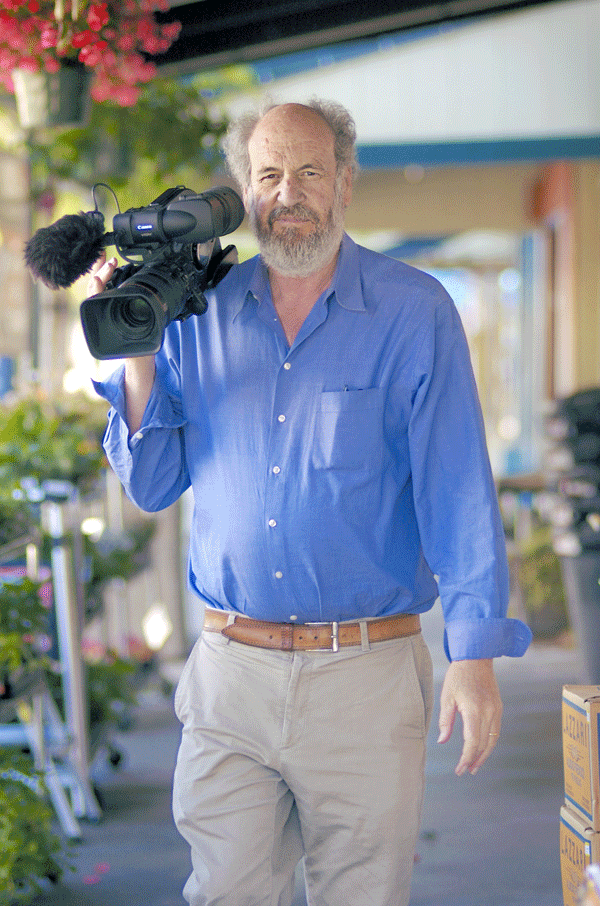A Boulder Creek-based documentarian’s latest film is scheduled to air this Sunday, bringing a view into the dramatically changing landscape of El Salvador.
In Bob Gliner’s newest film, “Learning From El Salvador,” he presents an hour-long look at the improving quality of life in the country, as well as the emergence of social programs, access to education, and medicine brought about by a new, more inclusive, government.
“I just thought it was something worthwhile to do,” said Gliner, of his decision to make the self-funded film.
To film his documentary, Gliner — a former sociology professor at San Jose State University — spent several weeks in El Salvador, where he was granted total access to the government and people of the country — including its president.
He said that he was inspired to make the film — his second concerning the small, Central American nation — to not only show viewers in the United States how far El Salvador has progressed since the 1980s and early 1990s, when the nation was wracked by a horrific civil war as left-leaning guerrillas rose against a U.S.-backed military dictatorship.
“About 14 families controlled most of the country into the 1980s,” Gliner said, describing the cause of the conflict. “People wanted a more equitable share in the land.”
Since the end of the war, he said, the former rebels were allowed to form a political party and participate in El Salvador’s newly established multiparty constitutional republic, which remains in place to this day.
Five years ago, Gliner said, the country has undergone a peaceful transition, as the rebels’ party — Farabundo Martí National Liberation Front — won the majority of seats in the Salvadoran government. Last year, Salvador Sánchez Cerén was the first FMNL candidate to win the country’s presidency.
Since then, Gliner said, socially progressive programs have gone into place that are working to elevate the country’s poorest residents.
““They’re starting to address the root causes of poverty,” he said. “They’ve created a free health care system, capped drug prices, made school available to the poor, and created assistance to small landowners — that seemed very significant to me.”
Over the pair of two-week excursions he took in El Salvador last year while filming, he said that he spoke with people everyone he could — rich and poor, rural and urban.
“The president, ministers, doctors, teachers, people in the countryside, kids in school — all over the place,” Gliner said. “I had access to everybody.”
Gliner’s documentary will air on Sunday, Feb. 1 at 2 p.m. on PBS station KQED Plus (Comcast Channel 10).
For more information, visit www.docmakeronline.com












